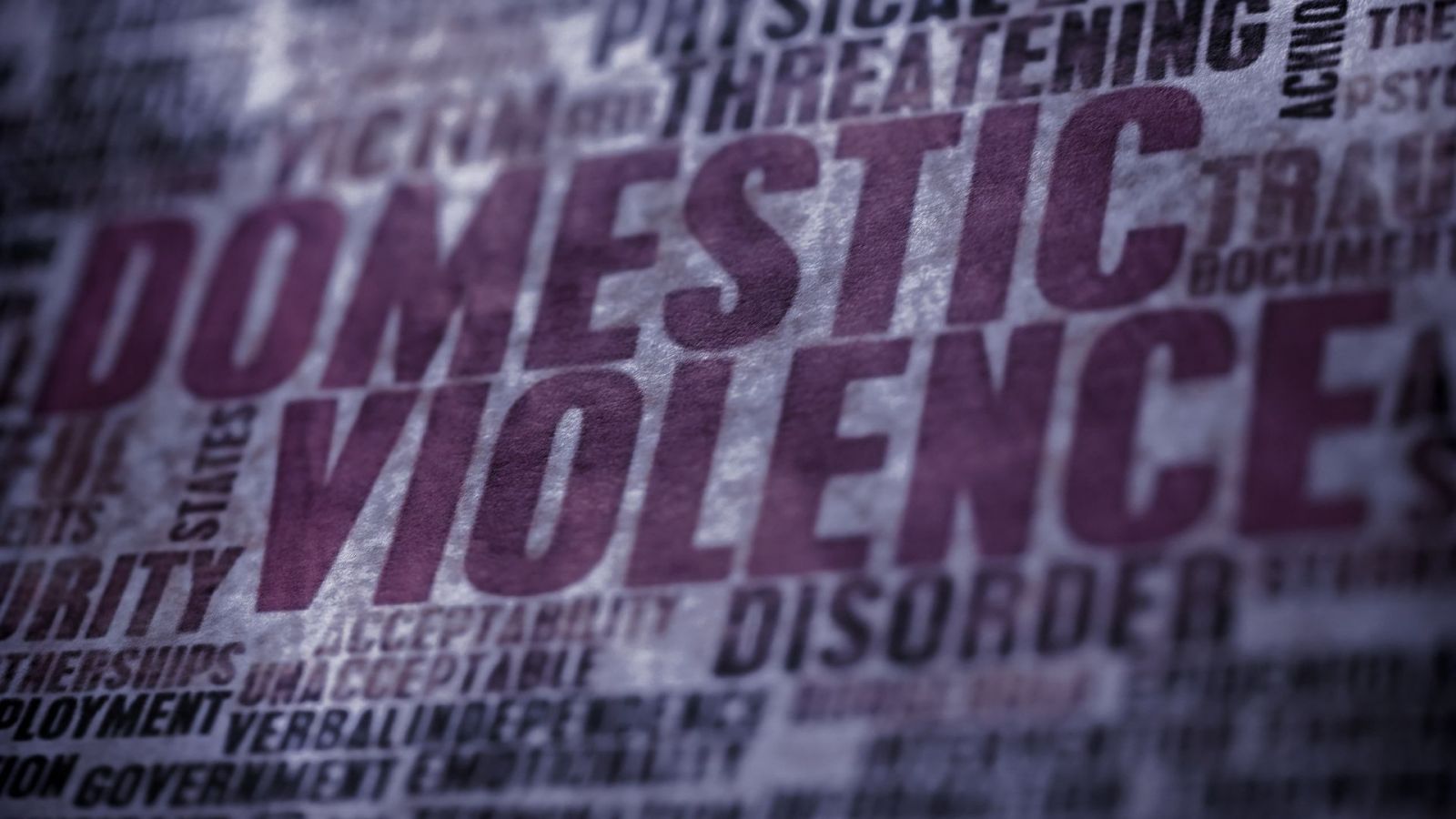October 10, 2024
Technology has been associated with exacerbating safety concerns for many survivors of domestic violence. Abusers may violate privacy and security online to maintain control over their partners. However, technology has recently proven to be of benefit in the form of support system for survivors:
- Apps and hotlines exist online, many of which are free and easy to navigate without the help of an attorney;
- Online data such as texts, emails, and photos can be used as key evidence in court; and
- Online support groups like After Silence connect survivors to create a sense of community and give them a safe space to share their stories.
Post-COVID, states are increasingly creating technology that enables survivors to file complaints against their abusers online. As a result, more courts are shifting to online hearings for domestic violence cases and increasing support and advocacy for survivors beyond the courtroom.
Erie County, New York’s BE SAFE Domestic Violence Victim Advocacy Program is an independent organization that operates out of the county district attorney’s office. The program offers “support, resources, and safety planning to survivors of domestic or intimate partner violence.” In court, the program provides accompaniment and advocacy aids, helps with translation and interpretation, and can speak directly to the district attorney on behalf of the survivor. Outside of the courtroom, BE SAFE offers general housing and financial and medical assistance, refers survivors to outside resources, and provides other services.
As of 2023, Wood County in Parkersburg, West Virginia offers survivors of domestic violence and sexual assault the opportunity to file petitions and attend hearings completely separately from their perpetrators. Survivors can now fill out an online form for a video call to request protective measures through a secure platform. So far, Wood County is the eighth county to implement this system as part of the Remote Domestic Violence and Sexual Assault Outreach Program and has managed over 500 cases using this technology.
Post-pandemic, the Illinois domestic violence hotline has seen a 90% increase in calls and a 45% increase in requests for shelter. The Network: Advocating Against Domestic Violence’s Amanda Pyron notes that the time when a survivor calls a hotline is crucial because “someone’s fleeing domestic violence, that’s the most dangerous time for them the most likely time that they’re going to be hurt or killed, because the abuser is losing control over them.” To help meet the increasing need for shelter, the Cook County Circuit Clerk of Court has pushed to transfer paper files to a digital format and use the freed-up physical space that they had occupied to house survivors.
Given the advances in technology spurred by the pandemic, NCSC is partnering with the U.S. Department of Justice’s Office on Violence Against Women (OVW), national Training and Technical Assistance providers on Domestic Violence, national technology experts, and courts in Arizona, Indiana, and Kansas to assess existing portal/e-filing systems for civil protection orders by documenting and analyzing business processes and technology to identify best practices. NCSC is working with the Asian Pacific Institute on Gender-Based Violence through an OVW grant to evaluate the use of virtual court spaces outside of the court. For more information, please contact Alicia Davis at NCSC at adavis@ncsc.org.
Does your court offer remote hearings for domestic violence cases? Share your experiences with us. For more information, contact knowledge@ncsc.org or call 800-616-6164. Follow the National Center for State Courts on Facebook, X, LinkedIn, and Vimeo. For more Trending Topics posts, visit ncsc.org/trendingtopics and subscribe to the LinkedIn newsletter.
